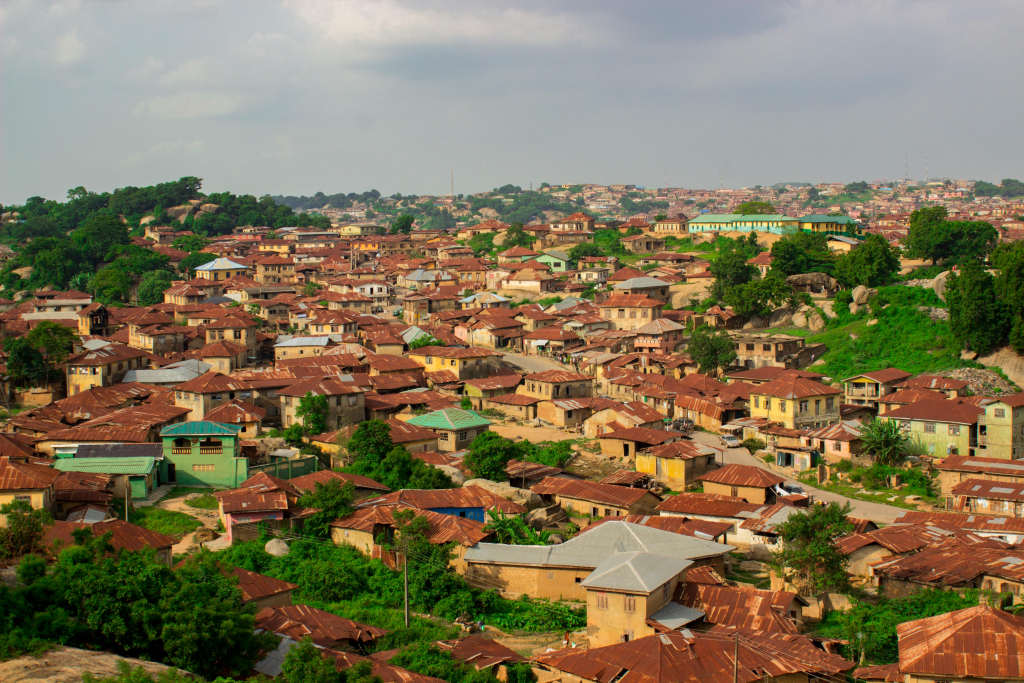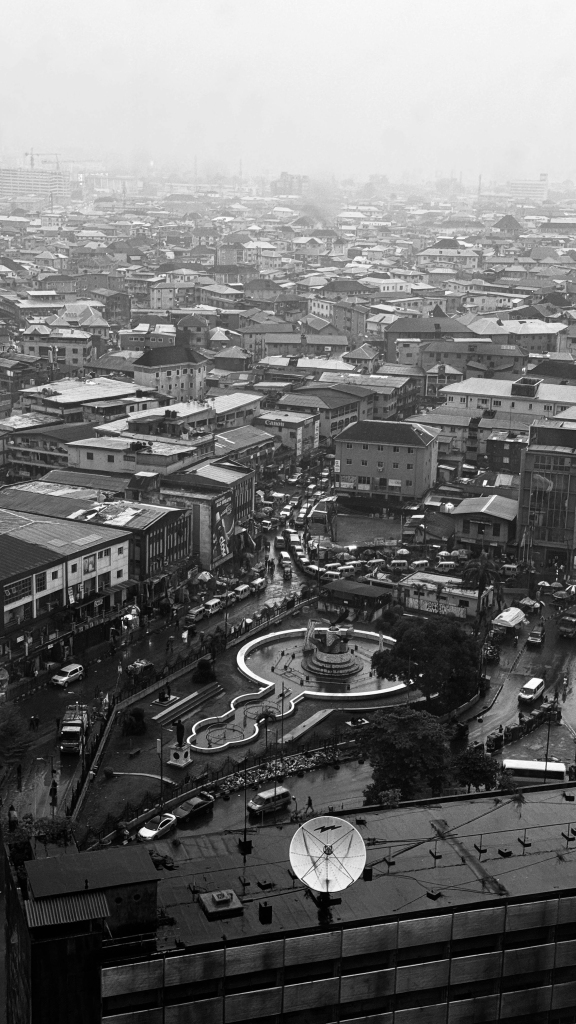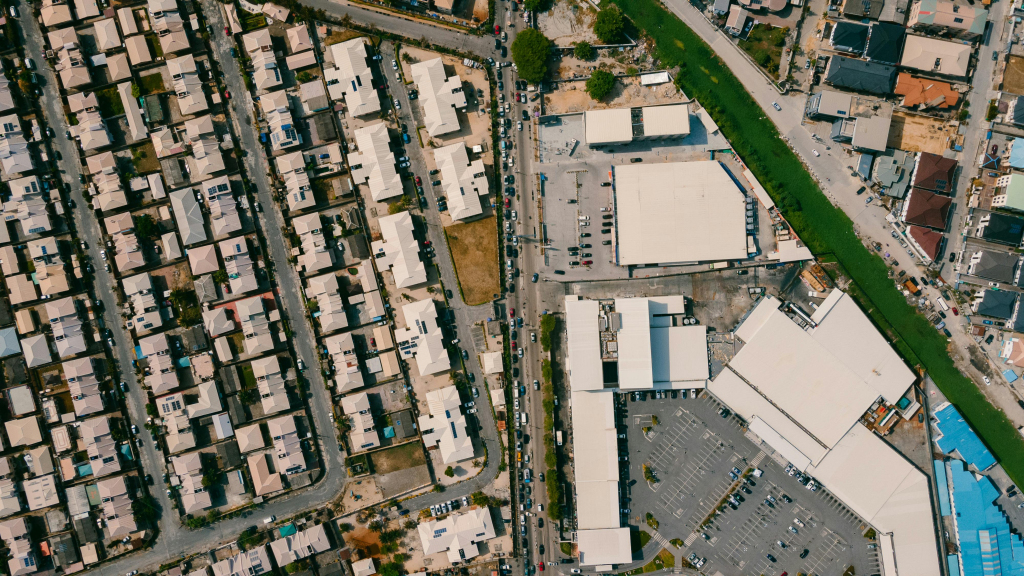Since Nigeria gained independence in 1960, its landscape and cities have undergone remarkable transformation. From modest beginnings to a thriving urban and property market, the past six decades have shaped Nigeria into an emerging real estate powerhouse. This journey reflects resilience despite inflation and deflation, innovation, and continuous growth, a story of progress and opportunity. In this article we will explore Nigeria’s six-decade story of real estate development.
In the 1960s, the decade immediately following Nigeria’s independence, Nigeria laid the groundwork of its modern urban landscape. The focus was on rebuilding and establishing basic infrastructure. Key highlights of development would include; the emergence and development of Lagos, Ibadan, and Enugu as key urban centers, government-led initiatives deploying basic housing projects and early infrastructural developments such as roads and administrative buildings around the country. This era set the stage for Nigeria’s future urban expansion.

Moving into the next decade, the 1970s. The oil boom of the 1970s ignited Nigeria’s economic growth, fueling significant development in housing, building, and real estate in general. The oil boom, which was triggered by rising oil prices after the Arab Israeli war, and the decision to join OPEC brought immense wealth and rapid developments as a result. Also, there was an increase in demand for residential housing, estates, and office spaces. Expansion of Lagos’s residential land and spaces, and the innovative attempt at skyline homes were one of the highlights of the decade too.
Furthermore, due to the tourist surge of the FESTAC 77, (1977), the rapid development of residential estates around Lagos state can be seen as a huge leap in real estate and housing development in Nigeria. Again, because of the high returns obtained from oil exports, one of Nigeria’s resources, construction of roads, bridges, and utilities to support growing urban populations was happening.
After the last decades, the next, the 1980s was met with economic downturns, caused by fluctuating oil prices. This decade invited technological advancements. Also, significant transition occurred from government led development to a more market-oriented approach, with private companies specializing in property development, management and brokerage.
Investors heavily invested in residential properties and this decision was influenced by factors such as population, especially in places like Lagos, growth and urbanization. The decade adopted modern construction technologies, creation of suburban estates, growth in middle-class housing and commercial properties. It laid the groundwork for the subsequent expansion of Nigeria’s private real estate sector.
The next decade experienced the re-establishment of the National Housing Policy, the Housing Fund Act, and the expansion of the Federal Mortgage bank to support the sector. In the 1990s due to urbanization and growth, private developers played an increasingly important role in housing and development. In Lagos for example, the demolition and redevelopment of Maroko and the new residential developments in places like Lekki and Victoria Island were significant real estate developments of the decade. Some of the milestones also included; increased foreign investment and property development firms, development of other landmark estates, expansion into industrial, retail, and office spaces.

The 2000s. The new millennium brought a wave of upscale development, aligning Nigerian urban living with global standards. The rise of luxury estates, gated communities, and integrated townships was still a thing in Lagos, based on the migration from other states in Nigeria to Lagos and Abuja, alongside other developing states. Due to the rise in technology, the embrace of eco-friendly, smart, and energy-efficient building designs was considered. House and construction financing was still a limiting factor to this development, and to mitigate it, there was a rapid growth in mortgage systems opening homeownership opportunities. Nigeria’s urban centers started to resemble modern cities.
In the 2010s, Lagos started to be one of the fastest-growing cities in Africa. For Nigeria, in general, the real estate market increased in appreciation, as prime investment locations, based on population, were already identified. The fall in oil prices however, had its effects on the market. During this decade and till now, the government launched Affordable Housing schemes and programs, aimed at addressing the housing deficit. Notable developments include; adoption of green building practices and smart city concepts, use of property tech platforms for seamless transactions, mega projects like Eko Atlantic, Lekki Free Trade Zone, and Abuja City Gate.

The private sector innovations and diaspora investments are fueling continued sector growth, making Nigeria a sought-after destination for property investors.
In conclusion, Nigeria’s real estate sector is poised for continued expansion and is still a top investment opportunity, even in 2025. In this new decade, however, upcoming projects are aimed at environmentally sustainable buildings and eco-friendly establishments, such as resorts (Vedura and Vedura Grove), countryside developments, and innovative architectural designs. As Nigeria continues to evolve in this decade, off-plan properties have also become the new standard for savvy investors and forward-thinking developers, as they provide access to prime locations at more affordable prices, allow investors to customize their spaces, and offer potential for higher returns as properties appreciate over time.
This is not only transforming individual portfolios but also reshaping the Nigerian landscape, creating innovative communities, boosting economic growth, and accelerating urban development.
